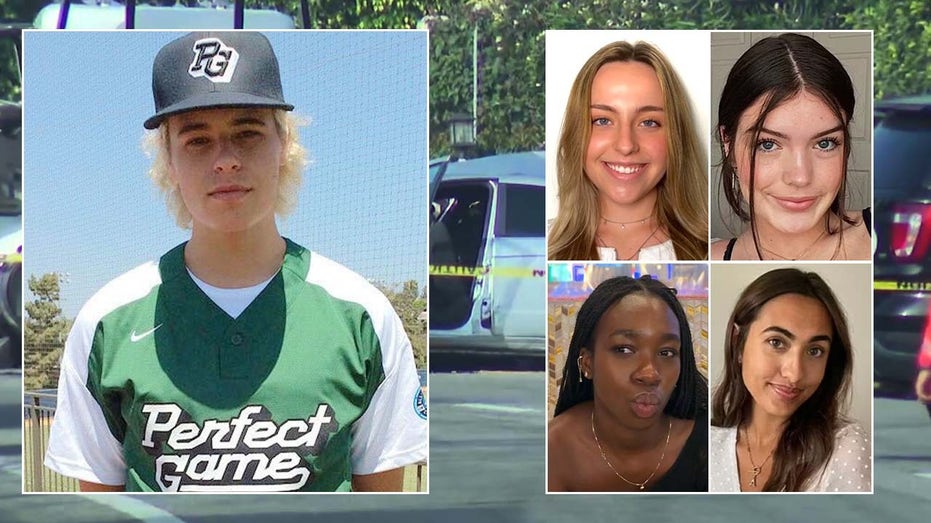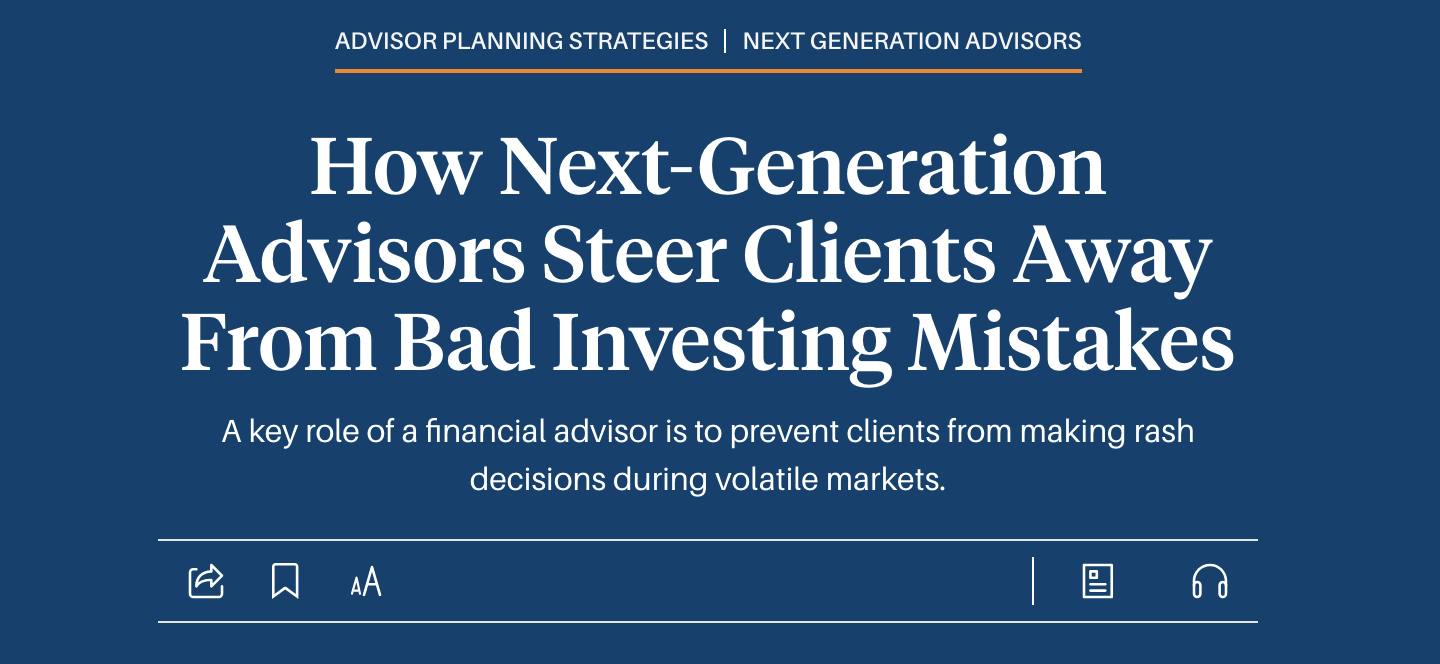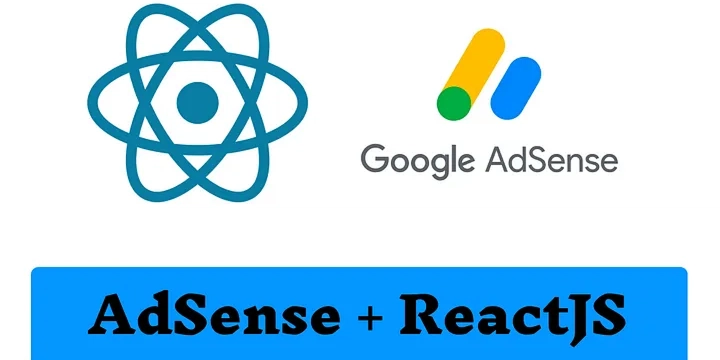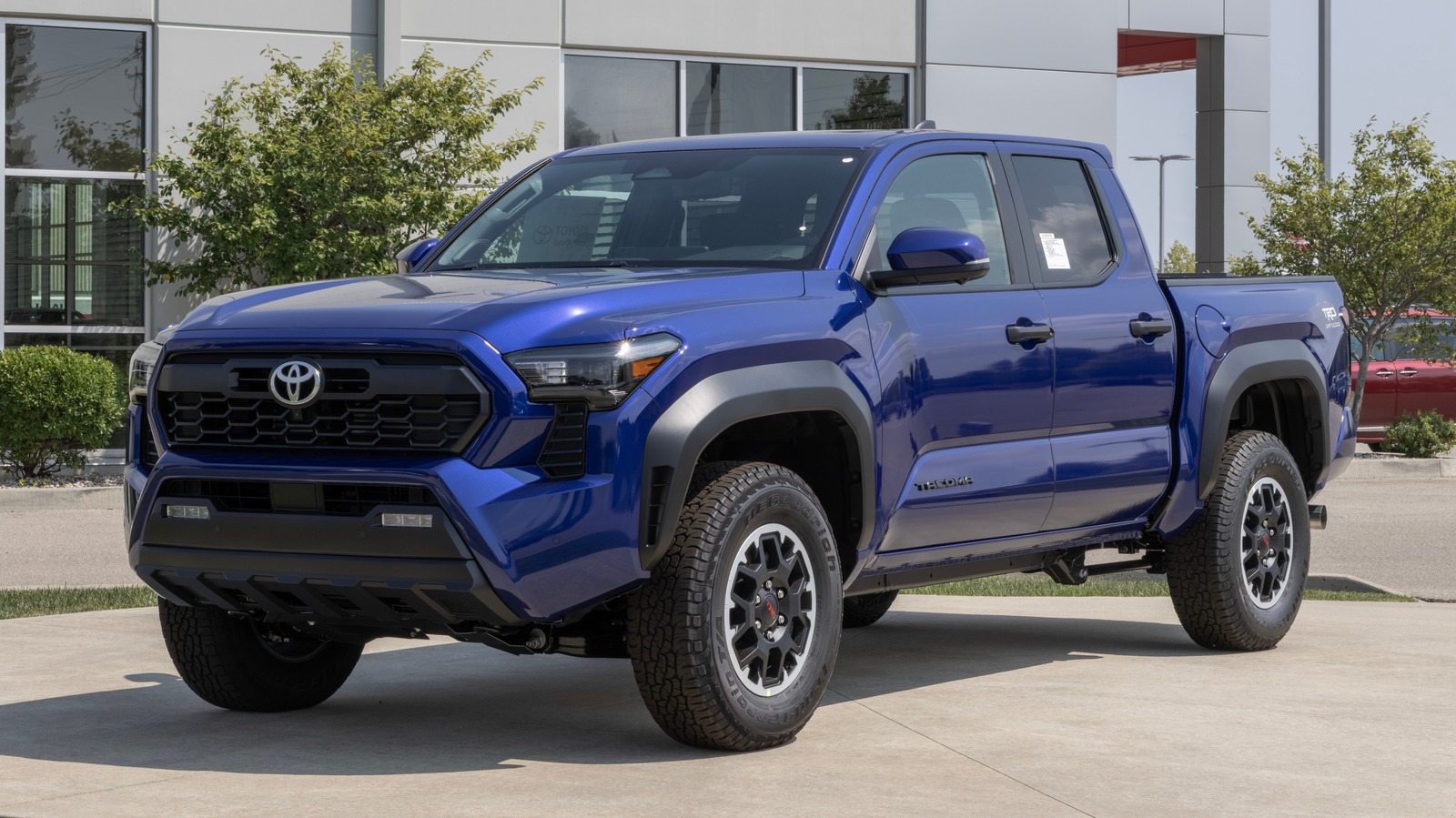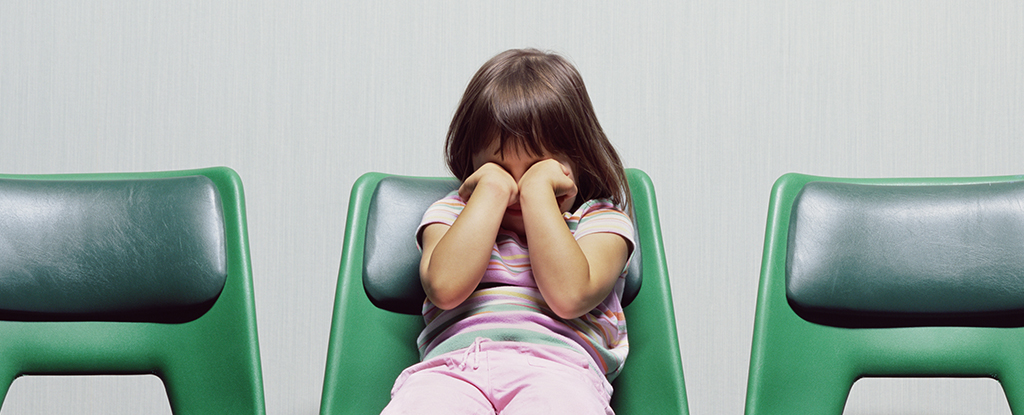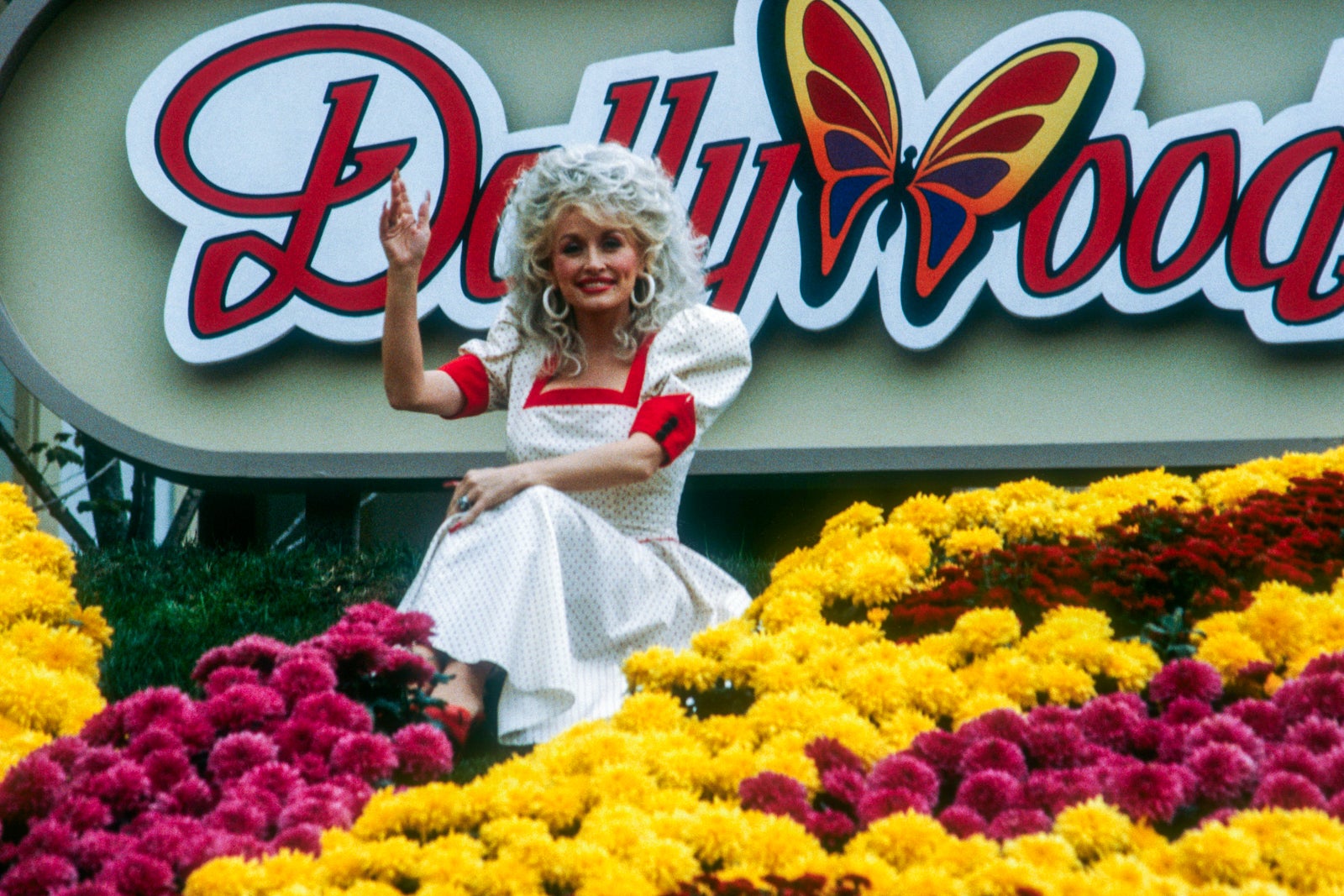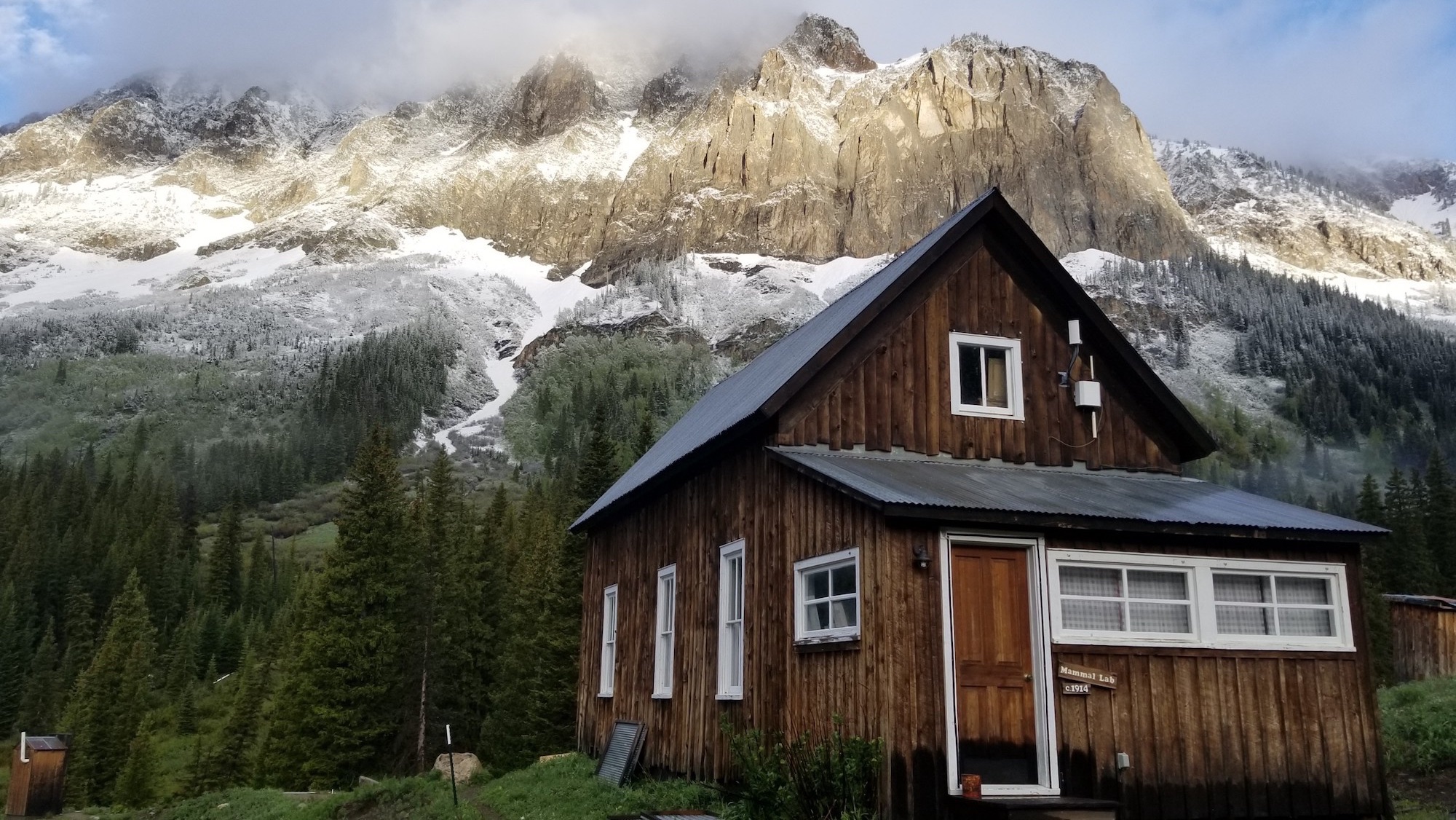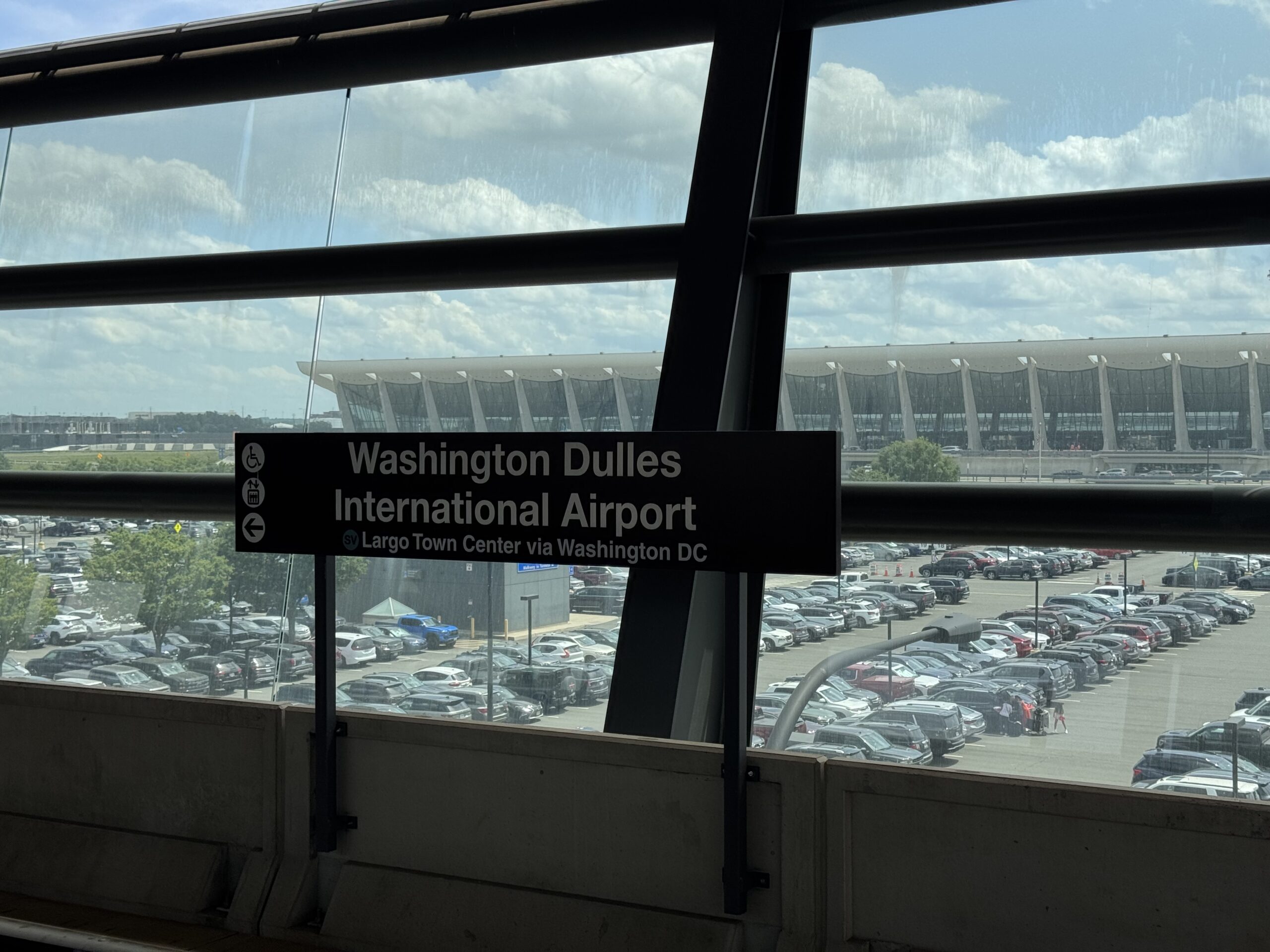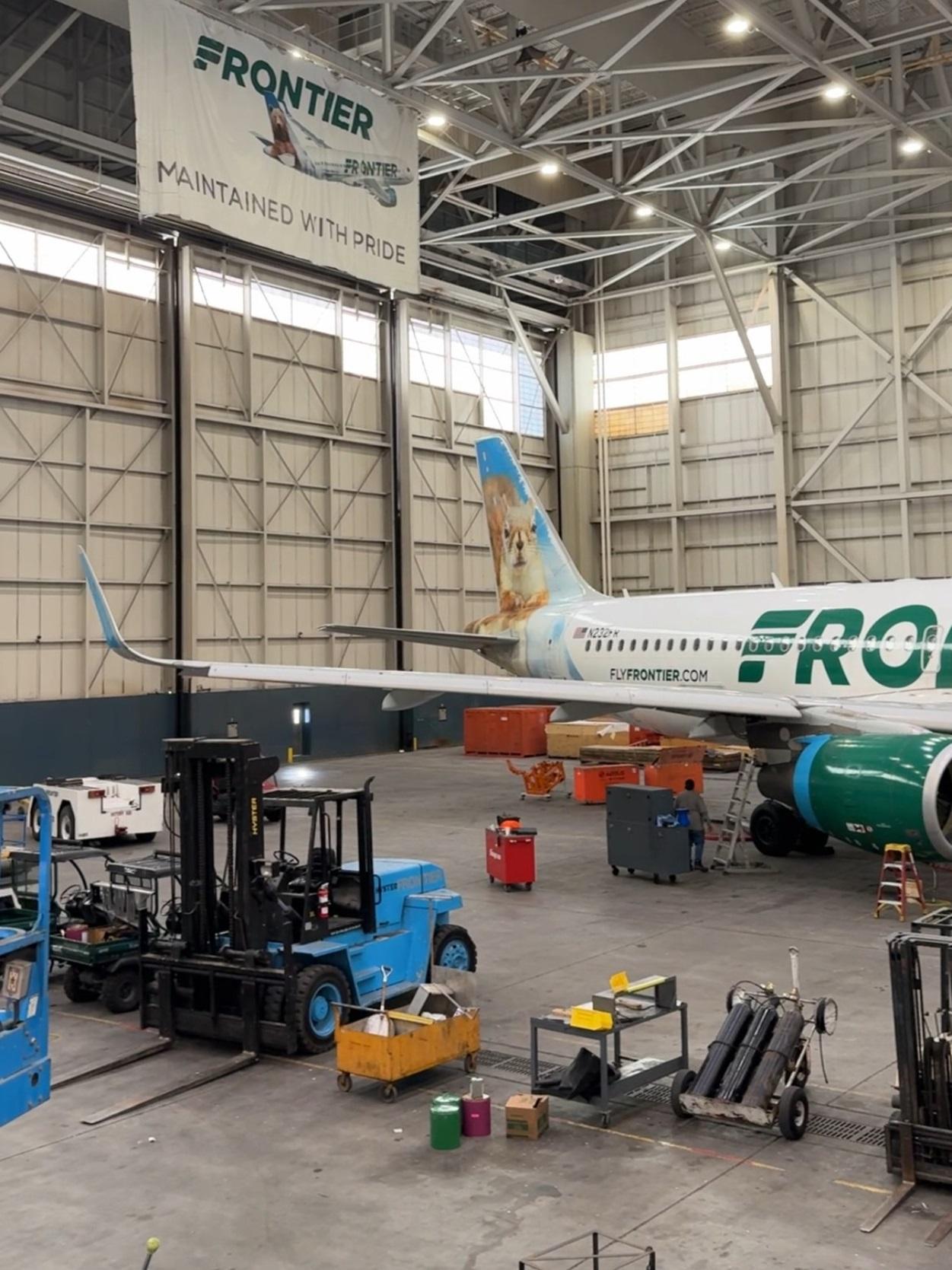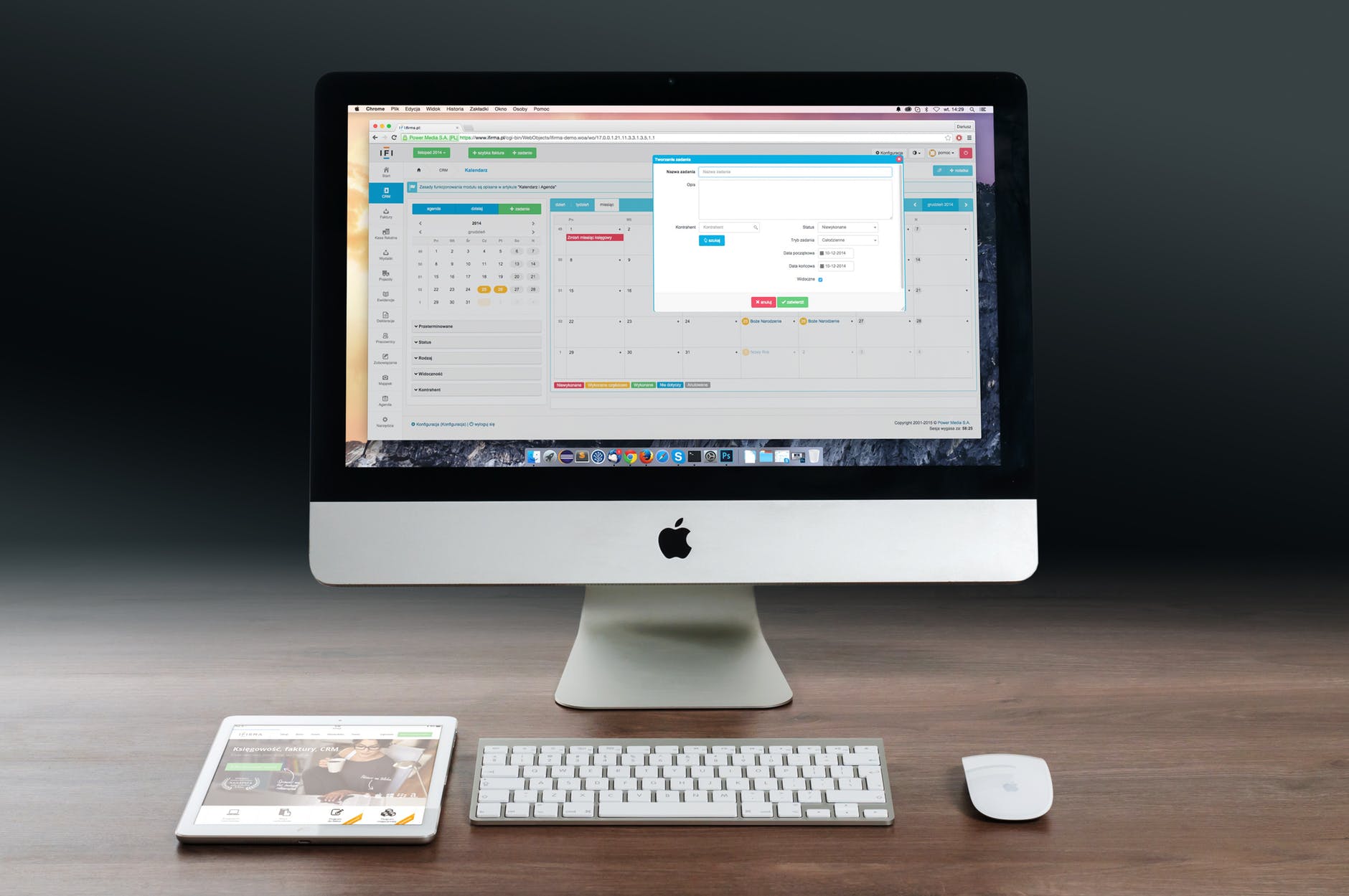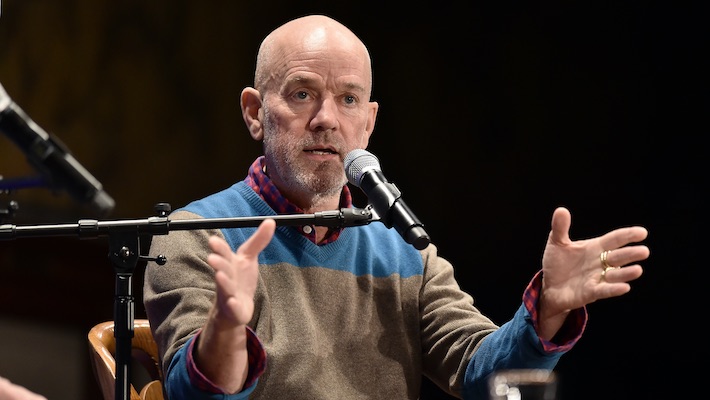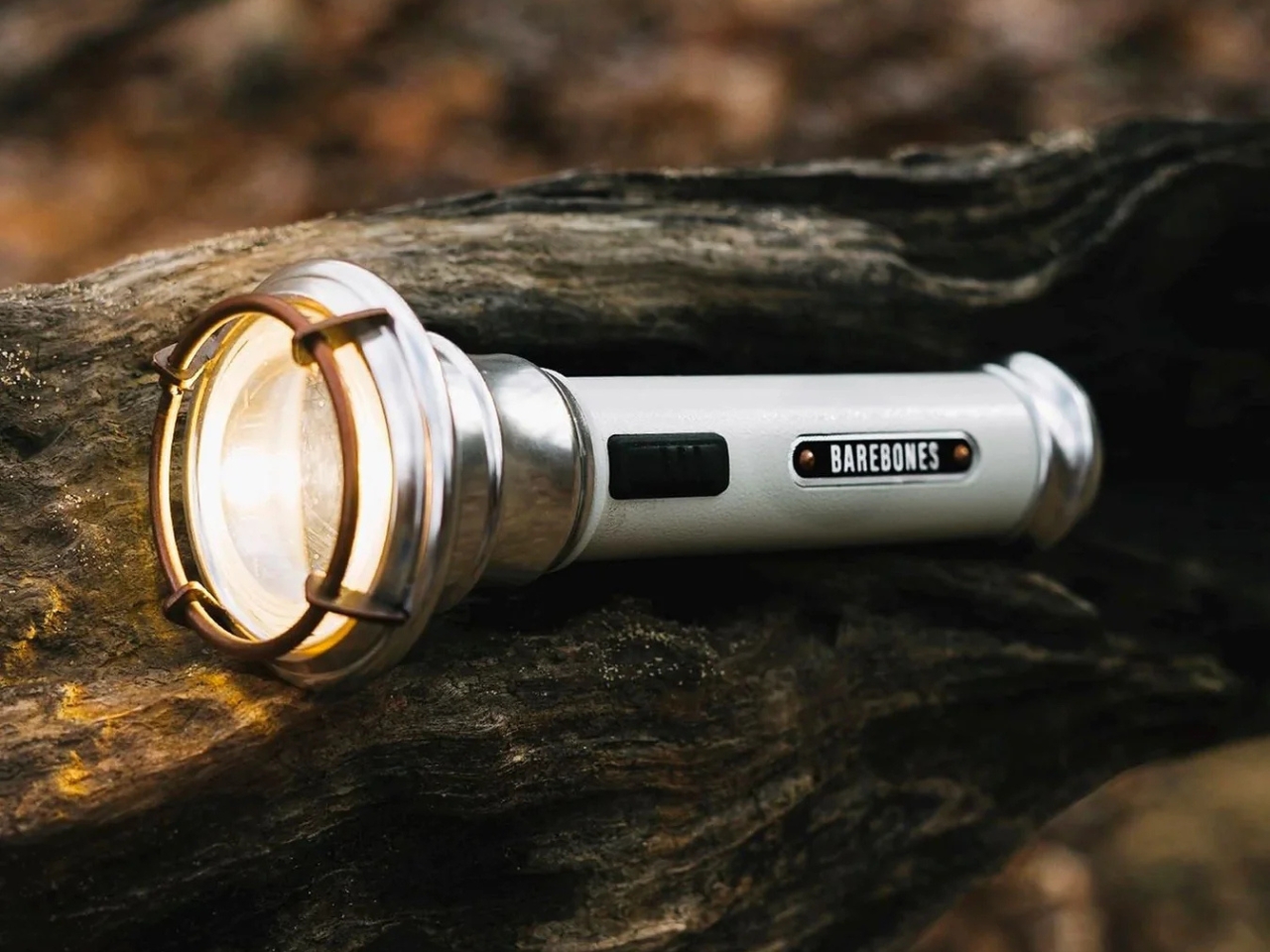Newsom searches for what went wrong for Democrats
Usually, I’m the one asking the questions. But last week I flew out to California to appear on Gov. Gavin Newsom’s podcast to talk about "FIGHT," the new book I co-authored about the 2024 presidential election. And this time it was the governor turning the tables and asking me and my co-author Jon Allen of NBC News...

Usually, I’m the one asking the questions.
But last week I flew out to California to appear on Gov. Gavin Newsom’s podcast to talk about "FIGHT," the new book I co-authored about the 2024 presidential election. And this time it was the governor turning the tables and asking me and my co-author Jon Allen of NBC News about how to make sense of the last presidential race.
“My next guests, they understand it better than anyone,” Newsom said about us in the intro to our episode.
It’s clear that Newsom is one of the people trying to figure out what went wrong for Democrats so he can try to make it right.
The governor’s name is often bandied about as one of the top Democratic presidential contenders, and he is clearly testing the waters on where Democrats should be and how they can win back the presidency.
He’s also doing something many Democrats are refusing to do right now: He’s having conversations with unlikely guests. Among them: Steve Bannon, the longtime Trump adviser, and Charlie Kirk, the conservative activist.
Newsom seems to think the Democratic Party needs to stop having conversations with itself and do a better job listening to the other side, based on his remarks during our podcast and an interview with The Hill. He spent some time talking about how he knows what appeals to swing state voters because people often forget that California has agricultural jobs too.
Newsom likes that Sen. Bernie Sanders (I-Vt.) and Rep. Alexandria Ocasio-Cortez (D-N.Y.) are doing big, energetic rallies. But he also says there needs to be more.
“And … not or,” he told me last week, meaning both the rallies to the base and more are needed.
It’s similar to the approach Michigan Gov. Gretchen Whitmer, another top 2028 contender, appears to be taking after not one but two appearances alongside President Trump in recent weeks.
First there was the infamous Oval Office visit where Whitmer tried to hide the fact that she was actually there by seemingly covering her face with a folder. But after she appeared with Trump at an event in Michigan on Tuesday, it appeared to be more intentional.
“My job is to do the right thing for the people of Michigan,” Whitmer told The Associated Press after her appearance with Trump on Tuesday. “I’m not thinking about anything beyond that, and I know it’s hard for people to get their head around [it].”
Illinois Gov. JB Pritzker is at odds with that line of thinking. Earlier this week, he slammed the “do nothing” Democrats — seemingly taking issue with his counterparts in Michigan and California.
Pritzker, who up until this point hasn’t been part of the fiery resistance movement, said it was “time to fight everywhere and all at once.”
“Never before in my life have I called for mass protests, for mobilization, for disruption. But I am now."
“These Republicans cannot know a moment of peace,” he declared. “The reckoning is finally here.”
It’s clear that none of the governors are confident about their “lanes” at the moment: Should Democrats be simply energizing their base by taking on Trump and Republicans? Is it too similar to what they did in 2017, during their first resistance run? Or should they be listening to the voices on the other side?
In an interview with The Hill last week, Newsom acknowledged that he was testing those questions with his podcast by inviting on a wide range of guests.
“At the same time, I’m being tested by it, because the reaction has been a little more bumpy than I even anticipated,” he said.
On his podcast, Newsom likened my co-author and I to political psychologists: “You know more about us than we know about ourselves,” he said.
But he also acknowledged coming to his own conclusions.
“What are the lessons learned?” he asked us. “The Democratic Party … right now, I’ve had strong opinions about where I think our party is right now in terms of just truth and trust, and the sense that we weren’t being truthful."
“There’s a perception that we were gaslighting the American people,” he added. “They don’t trust us on issues and policies and the ability to deliver.”
In the final seconds of the podcast, I got to turn the tables and ask him what lessons he took away from the election.
“I think the lesson is we need to have frank and honest conversations, and there’s no space for that,” he said. “And so I have a tactical point. This is the space. This is the place.”
A second later he quipped, "Are we done?”

